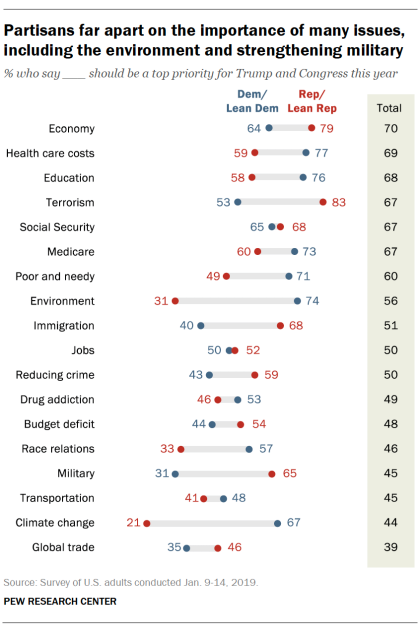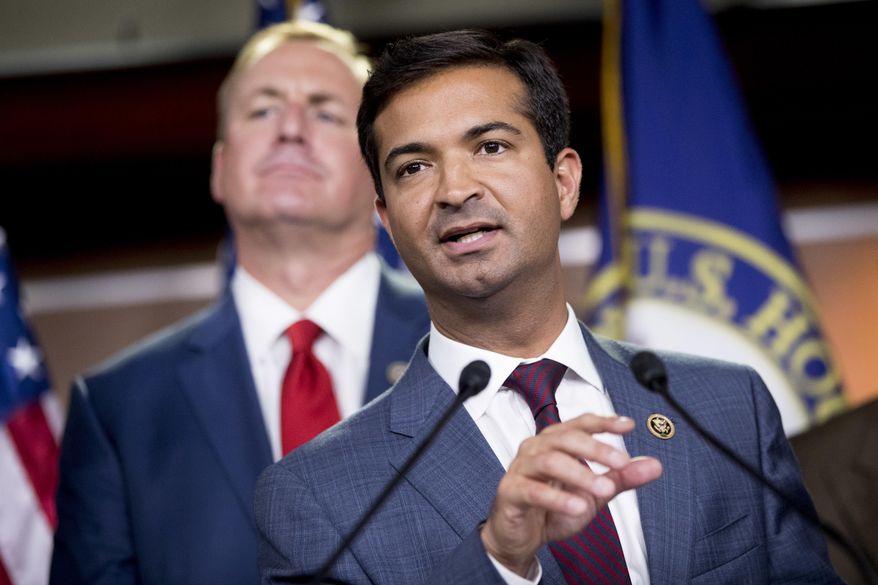by Jeremy Chang
Those of us who paid attention to politics during the 2016 election witnessed the culmination of growing fear towards immigrants and automation. This sentiment led to the election of our president who promised the American people a safe haven from the seemingly boundless opportunities for jobs to be stolen from right under the noses of the “greatest” labor force in the world.
Trump’s election catalyzed the US’ increased advocacy against environmental law under the notion that it would steal economic opportunities and undermine American jobs: mirroring the panic that allowed Trump to take office in the first place. In response to this, the environmental movement grew in kind, becoming the powerhouse we see today. Led by the collaboration of strong leaders like Gaylord Nelson and Greta Thunberg, along with politically minded Millenials and Gen Zs, the conservationist movement has helped in significantly mitigating the worldwide crisis of carbon pollution.
As astounding as this is, in many ways, it may have backfired in the long run. Without the visible pollution and decline in treasured outdoors and animals that launched the origins of today’s environmentalist movement in the 70s, it has become far more difficult to garner Republican support for conservation policy. Even still, the larger American public has become “less worried about a series of environmental problems than at any time in the past 20 years.” This means that the feeling of urgency needed to combat climate change has diminished.
Thus, the idea of environmentalism has formed into a divide between two groups: the apathetic majority—who don’t feel any pressure due to lack of ‘closeness’ to significant environmental problems–and the hyper-conscious minority—those who are aware of the imminence of the climate crisis.

Pew Research Center
This duality has created a partisan combative environment where both parties antagonize and demoralize the other attempting to win over the apathetic for political gain. With both parties yelling equally loud, the middle grounders are torn between two sides. While the Democrats tend to take up the majority of the hyperconscious minority (74% of Democrats say the environment should be a top priority versus 31%), the apathetic majority tends to alternate between the two: more or less resulting in equal shares between those who support immediate climate change policy and those against (56% of Americans believe environmental policy should be a priority for the Trump administration).
Although it seems like no resolution will ever be made due to the division between the two groups, the existence of such a large moderate group, as well as detractors from the popular opinion of both sides, indicates that there may be some room for compromise.
In order to achieve this, it may be helpful to consider it in general terms of what is being fought for in each typical group. In this case, the environmentalist Democrats are fighting for the conservation of the environment and the organisms that depend on it, basically, for future generations’ ability to have the Earth’s resources available to them. They view conservation policy as the key to this. On the other side, the anti-environmentalist Republicans are defending their job security and economic prosperity, essentially, for the immediate safety of their families and themselves. They view conservation policy as threatening this.
It’s important to consider that both sides are not necessarily right or wrong, they just occupy different frames of thought with different values. As such, if we hope to achieve our larger conservation goals, it has become clear that continuing to antagonize Republicans simply for their Republican values is going to do nothing less than making them feel as if they need to defend against something.

This point is crystallized in cases like Former Representative Carlos Curbelo’s. When he was a member of the House, he co-chaired the Climate Solutions Caucus and was the first Republican lawmaker in a decade to push for a meaningful climate change bill, one that would mandate a carbon price on emissions and invest the funds into infrastructure, which would’ve done wonders to reduce emissions. In light of his accomplishments, he was invited to the House Ways and Means Committee, a committee devoted to the taxation policies of the United States, to testify on the first hearing on climate change in 12 years. This was an honor and an ostensibly significant step towards bipartisan discourse on how to effectively deal with climate change as a unified government. However, after pressure from the larger part of the caucus due to Curbelo’s unclear 2020 electoral plans and perceived inability to convince his colleagues of climate law importance, Chairman Richard Neal (D-Mass) rescinded the invitation to Curbelo.
This case is symptomatic of the larger milieu surrounding climate change law. People taking sides, protecting their politically occupied ground, and refusing to budge when someone encroaches on it, regardless of intentions. Rather than becoming defensive, the environmentalist movement needs to learn from both their and the anti-environmentalists’ mistakes. In this time of imminent climate degradation, we need to realize what both sides are fighting for. The only way to alleviate our current space of constant turmoil is to collaborate with those of good intentions, like Curbelo, to convince Republicans and moderates that climate policy will not destroy economic prosperity, but rather protect it. Like Curbelo mentions, “If we’re going to get a meaningful climate solution, it must be bipartisan, especially if it’s going to be a durable solution,” and the only way for this to happen is, not to push away Republicans, but rather, encourage and show them that they will receive positive support in response to pro-environmentalist statements. Additionally, like the policy pushed forward by Curbelo and California’s groundbreaking cap-and-trade system, we need to push for policies that will appease both parties without alienating either one.
At the end of it all, the only real way to make meaningful change in the mitigation of climate change and environmental disaster is to implement significant and durable policy. However, as we’ve come to realize with the failure of the Green New Deal in 2019 and the withdrawal of the US from the Paris Climate Accords, this goal is impossible without the help of moderates and Republicans alike. As a movement, it’s our responsibility to beckon to our American brethren with open arms and not alienation; we must put aside our differences and find common ground if we ever hope to leave future generations with a world that they can be proud of.

Jeremy Chang majors in environmental economics and policy. He is interested in studying how environmentalism enters the public space in different ways and hopes to express this interest in his work in Perennial. In his free time, he plays basketball, reads, and cooks.

